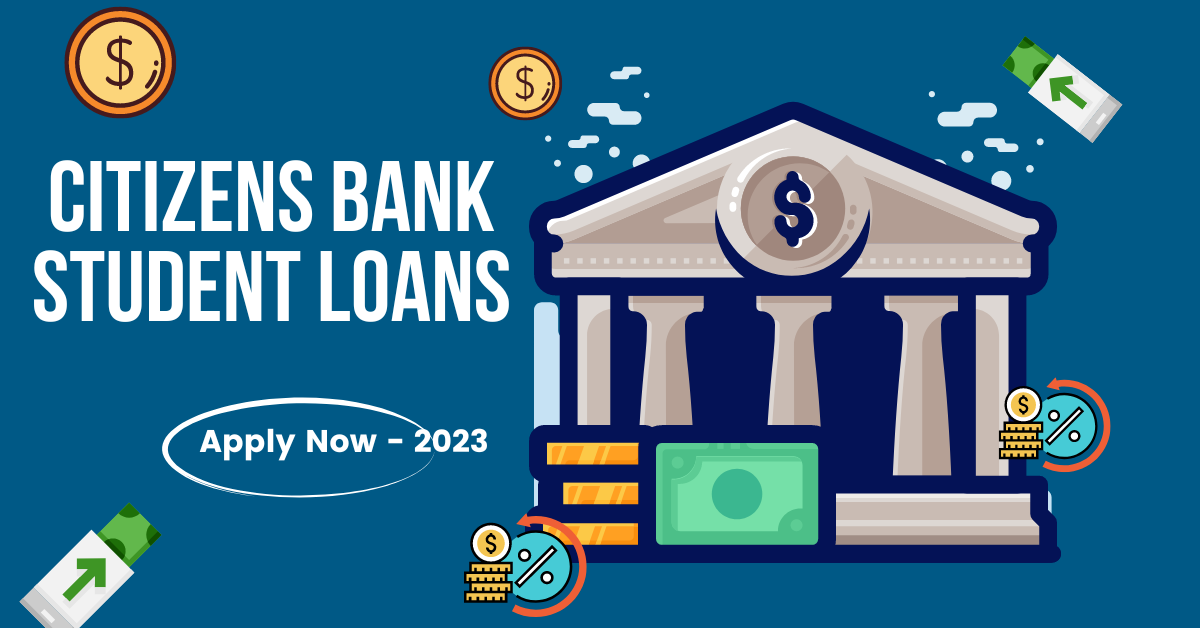Discover Student Loans

Introduction
Discover Student Loans: Student loans can often burden borrowers with high interest rates and inflexible repayment terms. However, refinancing offers a potential solution to improve loan terms and potentially save money over time. In this article, we will explore the options available for refinancing student loans without a cosigner and discuss important considerations to keep in mind.
Understanding Student Loan Refinancing
Student loan refinancing involves replacing one or more existing loans with a new loan that offers more favorable terms. This can help borrowers secure lower interest rates, reduce monthly payments, or adjust the loan duration, ultimately making loan repayment more manageable and cost-effective.
Having a cosigner significantly increases the chances of getting approved for a loan and securing favorable terms. Cosigners provide lenders with added assurance that the loan will be repaid, resulting in lower interest rates and better loan terms. However, finding a cosigner can be difficult for some borrowers.
Challenges of Refinancing Student Loans Without a Cosigner
Refinancing student loans without a cosigner can be more challenging due to factors such as credit history, income stability, and debt-to-income ratio. Without a cosigner, borrowers may face higher interest rates or even denial of refinancing applications.
Consider the following strategies:
Building Credit and Income:
Improving credit scores and increasing income can enhance the chances of refinancing without a cosigner. Focus on making timely payments, reducing debt, and maintaining a stable income to establish a positive credit history and demonstrate financial responsibility.
Exploring Lenders Who Don’t Require Cosigners:
Research lenders who specialize in working with borrowers without cosigners. These lenders may have different eligibility criteria and offer unique loan terms. Compare multiple lenders to find the ones more likely to approve applications and provide favorable terms.
Considering Credit Unions and Local Banks:
Credit unions and local banks often have a more personalized approach to lending and may be more willing to work with borrowers without cosigners. These institutions may consider factors beyond credit scores, such as relationships with members or community involvement.
Seeking Assistance from Student Loan Refinancing Programs:
Certain student loan refinancing programs offered by state governments or nonprofit organizations provide assistance to borrowers facing difficulties without a cosigner. Research available programs in your area to see if you qualify for any assistance.
When refinancing student loans without a cosigner, it’s important to consider various factors to make an informed decision. These factors include:
Interest Rates and Terms:
Lower interest rates can significantly reduce the overall cost of the loan, while favorable terms, such as flexible repayment options or longer loan durations, can make monthly payments more manageable.
Repayment Options and Flexibility:
Evaluate the repayment options provided by each lender. Look for features like deferment, forbearance, or income-driven repayment plans that can provide flexibility in case of financial hardship. Having these options can be crucial in effectively managing loan payments.
Eligibility Criteria:
Review the eligibility criteria set by lenders to ensure they are met. This includes credit scores, income levels, employment status, and any other factors lenders may consider when assessing applications. Focusing on lenders more likely to approve applications can save time and increase the chances of success.
Customer Service and Support:
Refinancing student loans without a cosigner involves several steps. Follow these steps to increase the chances of a successful refinancing:
Review Your Current Loan and Financial Situation:
Assess your existing loan, including interest rate, remaining balance, and monthly payments.
Research and Compare Lenders:
Thoroughly research and compare lenders offering refinancing options without a cosigner Use online tools and resources to simplify your research and make an informed decision.
Gather Necessary Documentation:
Collect all required documentation, such as proof of income, employment verification, credit history reports, and loan statements.
Submit Your Application:
Complete and submit the refinancing application to your chosen lender. Double-check the accuracy of the information provided and ensure all required documents are included.
Review and Accept the Offer:
Carefully review the terms and conditions of refinancing offers received from lenders. Select the offer that best fits your financial goals and accept it by signing the necessary documents.
Including Financial Independence:
Refinancing without a cosigner allows borrowers to be financially independent and take full responsibility for their loans, providing a sense of ownership and control over their financial future.
Potential Savings:
Refinancing can lead to significant savings over the life of the loan. By securing a lower interest rate or extending the loan duration, borrowers can reduce monthly payments and save money in the long run.
Simplified Loan Management:
Refinancing allows borrowers to consolidate multiple loans into a single loan, simplifying loan management with only one monthly payment and one lender to deal with. This makes it easier to stay organized and on top of finances.
Conclusion
Refinancing student loans without a cosigner is possible, although it may require some additional effort and research. By exploring the available options, considering important factors, and following the necessary steps, borrowers can potentially improve their loan terms and achieve greater financial stability. Remember to thoroughly assess your financial situation, compare lenders, and choose the option that best fits your needs.
FAQs
1. Can I refinance my student loans without a cosigner?
. However, it may be more challenging, and borrowers should be prepared to meet the eligibility criteria set by lenders.
2. Will refinancing my student loans without a cosigner affect my credit score?
Refinancing itself does not directly affect your credit score. However, the application process may involve a hard credit inquiry, which can have a temporary impact on your credit score.
3. Are there any specific lenders that offer student loan refinancing without a cosigner?
Yes, some lenders specialize in working with borrowers who do not have cosigners. It’s recommended to research and compare different lenders to find the ones more likely to approve your application and provide favorable terms.
4. How can I improve my chances of refinancing without a cosigner?
Building your credit score, increasing your income, and researching lenders who don’t require cosigners can improve your chances of refinancing without a cosigner. Additionally, maintaining a stable financial situation and demonstrating responsible financial behavior can enhance your eligibility.
5. Is it possible to refinance both federal and private student loans without a cosigner?
Yes, it is possible to refinance both federal and private student loans without a cosigner. However, refinancing federal loans may result in the loss of certain federal loan benefits, such as income-
driven repayment plans or loan forgiveness programs. Make sure to weigh the pros and cons before refinancing federal loans.
Also Visit: How to Get a Quick Loan with Bad Credit



